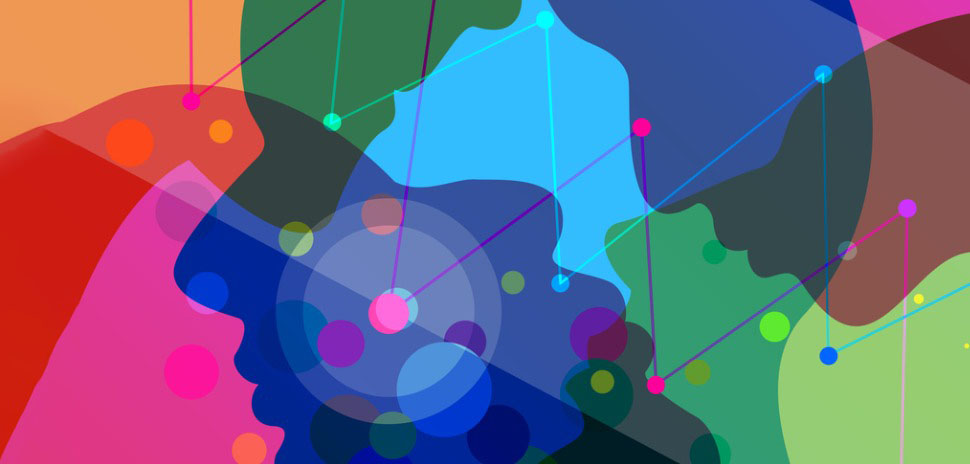The Schizophrenia International Research Society has picked a psychology professor from UT Dallas to organize a global group of researchers to find methods of assessing social cognition in schizophrenia that can be used across cultures.
Dr. Amy Pinkham and her team are on a quest to identify approaches that would allow social cognition research results to be compared. Their mission is supported by the SIRS 2022 Research Harmonization Award, which was given to Dr. Pinkham of UTD’s School of Behavioral and Brain Sciences. One award is presented each year for outstanding research on a particular subject; this year, the focus was social cognition.

Dr. Amy Pinkham
“It’s a huge amount of work, but I think it’s work that can be really impactful if we do it well,” Pinkham said in a statement.
“Social cognition is the process by which you understand other people,” Pinkham added.
It has a significant impact on functional outcomes for patients with psychosis, according to the professor. A patient’s quality of life is improved through improving their understanding of the environment and those around them.
Pinkham says social cognition is important across many disorders, such as autism and mood and anxiety disorders.
“We’re interested in assessments that may be useful trans-diagnostically, too, and we believe that there’s real potential to borrow from other disciplines to find something suitable for cross-cultural comparisons,” Pinkham said.
But there’s a big problem: We don’t have a great universal measure, the professor says.
Cross-cultural comparisons
“How people interact is a big part of what defines a culture,” the professor said. “We need to find a way to measure this in comparable ways across cultures where there are differences in norms and expectations.”
Researchers doing work in social cognition from country to country, use very different measures—and few of them are being translated and validated in other cultures, she says.
Emotion recognition and “hinting” tasks
Pinkham illustrates the problem with a couple of examples.
First, Pinkham points to the testing of emotion recognition, which is a core aspect of social cognition. Researchers show subjects pictures of someone’s face or a video of somebody expressing emotion. In the vast majority of the photos or videos, the people are white, because that’s the demographic creating the tests, Pinkham says.
Even the best of the exercises become limited when transported to another country because we know “it’s more difficult to process faces of another race relative to one’s own race,” the professor said.
Another important aspect of social cognition is called “mentalizing”—the capacity to interpret behavior in terms of intentions or mental states. Researchers gauge this using “hinting” tasks.
“For example, ‘Couldn’t you find the Ajax?’ might mean that the bathtub is dirty, or saying ‘I wanted to wear this shirt, but it’s awfully wrinkled’ could mean the person wants it ironed,” she said.
The ability to detect and decode hints is important, but the social context of each story “might not fit what’s normative in another culture.'”
The “meaningfulness” of social cognition across cultures and across diagnoses
The project’s co-conveners are Dr. Michal Hajdk, who was a Fulbright Fellow at UT Dallas in 2017, of Comenius University in Bratislava, Slovakia, and Dr. T.B. (Tim) Ziermans of the University of Amsterdam.
Among the group’s members are two “experiential experts” who have firsthand knowledge from using mental health services themselves and support those with mental illness. Seven nations and a variety of professional stages are represented by the group’s members.
“We’re not setting out to design a new measure. Instead, we are surveying a wide range of researchers on what they think is the best current measure; what might be a suitable, translatable measure; and what biggest hurdles need to be tackled,” Pinkham said in the statement.
“The goal, like with most scientific research, is to have results that apply to as many people as possible. Ultimately, we need to be able to draw broad conclusions about the meaningfulness of social cognition across cultures and across diagnoses, but we need to know how to assess it,” Pinkham said, noting that a social cognition standard assessment would be beneficial for purposes outside of schizophrenia research.
![]()
Get on the list.
Dallas Innovates, every day.
Sign up to keep your eye on what’s new and next in Dallas-Fort Worth, every day.

























